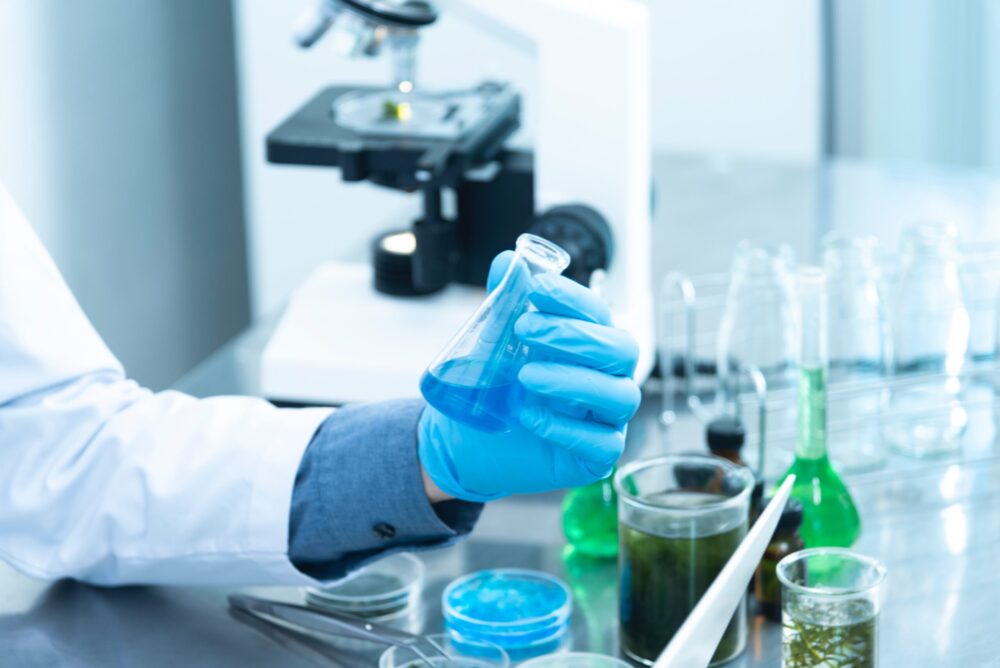Postexercise Cold Therapy Reduces Muscle Protein Synthesis
Researchers recently conducted a study to find out whether post-exercise cooling impairs muscle protein recovery. The study subjects took part in a two-week exercise-training program and performed repeated blood sampling. They also performed a resistance-type exercise, followed by a 20-minute immersion in cold water.
Postexercise Cold Therapy
Cold therapy is a useful strategy for athletes to reduce fatigue and muscle pain after intense training. It can also enhance recovery and reduce inflammatory processes in working muscles. Inflammation can be beneficial in the right amount, but too much can cause secondary damage to muscle fibres. Inflammation can also limit recovery from training, resulting in less force-generating capacity.
Research into the effects of cold therapy on muscle metabolism has shown enhanced metabolite clearance and reduced metabolic waste accumulation. In a study conducted by Yanagisawa et al., 15 minutes of CWI at five-degree Celsius improved muscle pH levels after strenuous exercise. Muscle acidosis is a contributing factor to peripheral fatigue and impairment of force-generating capacity. Cold therapy relieves the symptoms of muscle acidosis, which may increase short-term recovery.
Cold therapy has also been shown to boost the immune system. Exposure to cold air has anti-inflammatory properties and helps the body fight seasonal viruses and bacterial infections. It increases the level of interleukin-6 in the bloodstream, which strengthens the immune system. Cold temperatures also reduce pain perception.
Postexercise cold water immersion is a popular technique among athletes. Many high-end athletic training centers have cold tubs for post-exercise recovery. However, the research on cold water immersion in the post-exercise period has been limited.
Effects of cooling on early recovery of neuromuscular function
The effects of cooling during the early recovery phase of exercise are not clear. While acute cooling can reduce muscle fatigue and swelling, it may also reduce neuromuscular function. Acute cooling may impair strength adaptations and reduce sprint performance. Further research is needed to determine how cooling affects the recovery process.
Researchers have investigated the effects of temperature on muscle function. A study published by Cahill and Kalmar showed that cooling after exercise reduced central fatigue. The researchers used magnetic stimulation of the motor cortex to measure VA. The study also examined the effects of passively induced hyperthermia on central fatigue in elbow flexors. The researchers did not measure direct muscle temperature, but observed a decrease in VA and MVIC torque.
The effects of cooling after exercise have been investigated in a variety of athletes. In addition to promoting cardiovascular and respiratory recovery, postexercise cooling can decrease muscle soreness. Active cool-downs may also prevent immune system depression. However, these interventions did not improve neuromuscular contractile properties or range of motion, or decrease systemic hormone concentrations.
In the study, participants rated their perceived exertion in the hot, cold, and neutral conditions similarly. However, in the cold condition, participants were significantly less likely to experience fatigue. Therefore, cooling can affect the early recovery of neuromuscular function.
Effects of cooling on muscle protein synthesis
Cold-water immersion after resistance training decreased rates of myofibrillar protein synthesis, a key component of muscle protein synthesis. This finding raises questions about whether athletes should cool muscles after resistance training to optimize muscle development. Cold-water immersion reduces muscle protein synthesis and uptake, and may impair muscle conditioning.
Cold water baths are popular among athletes to reduce muscle soreness. However, they are not generally recommended for muscle recovery, and some studies suggest that these treatments may decrease the adaptive response to training. This study will examine the effects of postexercise cooling on muscle protein-synthesis.
In addition to the temperature effects of postexercise cooling, other factors may influence these effects. Some of these factors are the person’s body composition, genetic background, and training status. Another factor may be the athlete’s previous exposure to cooling and heating. However, cooling and heating after exercise has been shown to have a beneficial effect on muscle protein synthesis.
Physiological effects of cooling after exercise have been studied in rodents. In this study, the rat’s triceps muscles were kept at -80 degC for 15 min. This procedure enabled the researchers to determine the rate of fractional protein synthesis.
This study is an important study because it reveals how the cooling process affects muscle protein turnover. The slowdown in muscle protein breakdown is often an indication of injury. The ice-cooled leg, however, did not increase the rate of muscle protein synthesis, which suggests that the postexercise cooling procedure is equally effective.
Moreover, cold water cooling has the potential to limit muscle growth. Ice packs should be applied no more than five hours after strength training to ensure muscle recovery. In addition to cooling after exercise, athletes should consume at least 20 grams of high-quality protein after exercising.
Effects of cold-water immersion on early recovery of neuromuscular function
Effects of cold-water immersion on early muscle recovery have been studied in numerous studies. These have shown that reducing muscle temperature increases the speed of muscle repair and reduces the amount of metabolic waste that accumulates in the muscle. Researchers have studied the effects of 15 minutes of cold water immersion (CWI) following intense exercise. The researchers found that muscle pH increased 60 minutes after immersion, indicating that CWI may have a protective effect against muscle acidosis. Muscle acidosis contributes to peripheral fatigue and impairment in force-generating capacity. In addition, cold therapy may reduce muscle acidosis, promoting early recovery of neuromuscular function.
The researchers compared the effects of cold-water immersion on biochemical markers of muscle damage before and after an eccentric leg exercise. They also compared the recovery time of subjects during and after a maximum voluntary isometric contraction. They used a Wilcoxon test to analyze the differences between the groups. Interestingly, the effects of cold-water immersion on biomarkers of muscle damage were only marginal.
The effects of cold-water immersion on muscle function after exercise are a result of the same mechanism as those seen during the cooling process during rest. During a rest period, muscle blood flow is reduced, but this process is more severe after intense exercise. It is also accompanied by delayed onset of muscle soreness. During this time, blood samples are not collected.
The results of these studies suggest that CWI can help prevent muscle damage and promote recovery after exercise. Previous studies on the topic have shown that four or more immersions at a low temperature improved recovery. However, researchers are still trying to determine whether the effects of CWI depend on the protocol followed.
Postexercise Cold Therapy Reduce & Muscle Protein Synthesis Conclusion
Despite a slew of claims, the scientific community isn’t exactly sure whether post-exercise cold therapy reduces muscle protein synthesis. Although there is limited evidence in the field, some researchers believe that delayed cold water immersion could help muscle recover faster. One study showed that participants who underwent whole-body cryotherapy showed improved performance 72 hours after treatment. In addition, their perceived pain sensation was reduced and knee torque development improved. However, this study only included one training session, and more research is needed to confirm whether delayed exposure to cold water can improve recovery.
A recent study investigated the effects of cold-water immersion on postexercise protein synthesis in skeletal muscle. The researchers found that cold-water immersion decreased the rate of myofibrillar protein synthesis. In addition, the study found that cold-water immersion decreased the rate at which muscle cells can absorb amino acids.
Researchers also found that post-exercise cold-water immersion reduces the rate at which amino acids are incorporated into myofibrillar protein, a major component of muscles. They found that post-exercise cold therapy decreased the amount of protein-incorporating amino acids by as much as 26 percent over a five-hour recovery period. Researchers recommend timing cold water immersion around workouts to avoid potential side effects.
There are a few other potential benefits of post-exercise cold therapy. For example, it reduces inflammation, which helps muscles recover after intense exercise. By decreasing inflammation, cold therapy inhibits muscle protein synthesis. Cold therapy can also improve the mood of those who undergo it.



